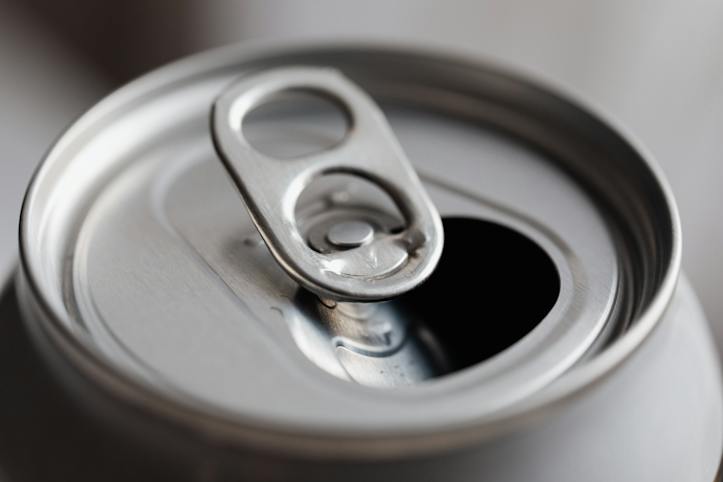Fasting Tea: Is Matcha a Good Choice During Intermittent Fasting?

When exploring the benefits of intermittent fasting, a common question that arises is whether drinking matcha is permissible and beneficial. Matcha is a type of green tea that has gained popularity for its health benefits and unique preparation method. But how does it fit into the fasting routine? Let’s delve into the details of incorporating matcha into your fasting regimen.
Understanding Matcha and Its Nutritional Profile
Matcha is a finely ground powder made from specially grown and processed green tea leaves. Unlike traditional green tea, matcha involves ingesting the whole leaf, providing a more potent source of nutrients. One of the key components of matcha is its high concentration of antioxidants, particularly catechins like epigallocatechin gallate (EGCG), which are known for their health-promoting properties.
Navigating Caloric Intake During Intermittent Fasting
The primary goal of intermittent fasting is to create periods of low insulin levels to encourage fat burning and metabolic health. Since matcha is low in calories, consuming it without added sweeteners or milk should not significantly disrupt the fasting state. In fact, the minimal caloric content of plain matcha is unlikely to break a fast or interfere with the metabolic switch from glucose to fatty acids for energy.
Can Matcha Enhance Your Fasting Experience?
Drinking matcha while fasting may offer several benefits. Its caffeine content can provide a gentle boost in energy and focus, which can be helpful during the fasting window. Additionally, matcha contains L-theanine, an amino acid that promotes a state of relaxed alertness and can help mitigate some of the stress and irritability that may accompany fasting.
The Impact of Matcha on Appetite Control
Matcha has been suggested to aid in appetite suppression, making it a potentially valuable ally for those practicing intermittent fasting. By helping to control hunger pangs, matcha can make it easier to maintain the fasting window without giving in to the temptation of snacking.
Preparing Matcha for Fasting Compatibility
To ensure that matcha does not compromise your fast, it is crucial to prepare it correctly. Forgoing sweeteners and milk is advisable, as they can add calories and potentially spike insulin levels. Instead, enjoy matcha in its purest form – whisked with hot water until frothy.
Potential Drawbacks to Consider
While matcha offers many benefits during fasting, there are a few considerations to keep in mind. Its caffeine content, though lower than coffee, can still cause jitters or digestive upset in sensitive individuals. Additionally, drinking matcha on an empty stomach may lead to nausea for some. It’s essential to listen to your body and adjust your matcha intake accordingly.
When to Drink Matcha During Your Fasting Window
Timing is everything when it comes to fasting. For most people, consuming matcha at the beginning of the fasting window can offer an energy boost and help with focus throughout the day. However, if you experience any discomfort, consider drinking matcha closer to your eating window or during the eating period itself.
Final Thoughts on Matcha and Intermittent Fasting
Matcha can be a valuable addition to your intermittent fasting routine, provided it is consumed in its pure form and in moderation. Its health benefits align well with the objectives of fasting, such as improved metabolic health and weight management. As with any dietary change, consult with a healthcare professional before introducing matcha to your fasting plan, especially if you have any underlying health conditions.
Discover if you can drink matcha during intermittent fasting and how this fasting tea might enhance or affect your fasting regimen.
Recent Posts
- Fasting Tea Essentials: What Teas Can You Drink While Intermittent Fasting?
- Fasting Tea: Enhancing Your Intermittent Fasting Experience
- Fasting Tea Benefits: Can You Drink Herbal Tea During Intermittent Fasting?
- Unlocking the Secrets of Matcha Tea for Rapid Weight Loss
- Fasting Tea Essentials: Choosing the Right Blend for Intermittent Fasting
- Fasting Tea Benefits: Intermittent Fasting Rooibos Tea
- Fasting Tea: Unlocking Health Benefits with Green Fit Tea
- Fasting Tea: Exploring Herbal Options for Your Regimen
- Can I Drink Barley Bergamot Green Tea for Fast Weight Loss?
- Herbal Fasting Tea Amazon: A Guide to Choosing Your Blend
External articles
No, you will not break your fast by drinking matcha. Matcha has virtually zero calories when prepared without milk and sweeteners. In fact, matcha actually helps boost weight-loss results when practicing intermittent fasting. There are a number of ways drinking matcha while fasting will improve your fasting process and results.
If you're using Intermittent Fasting, will matcha break your fast? Today, we're diving into the details of matcha and Intermittent Fasting.
Acceptable Drinks During Intermittent Fasting (Drink These Freely) The drinks listed below are allowed, but you still cannot totally go overboard with them. Anything in excess can be harmful (including water). The golden rule is to drink only when you feel thirsty or to suppress hunger (if it's getting out of control).